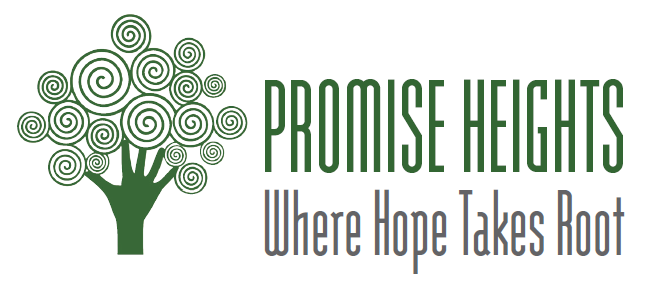Children facing educational, health, and safety challenges can be found in neighborhoods across the country, in cities, suburbs, rural, and tribal area. The challenges facing these children are tough and no quick fix exists. Multi-faceted approaches are needed so that all children have access to resources that ensure families are healthy and successful.
Promise Neighborhoods are place-based efforts to wrap children in integrated, coordinated, high quality academic, social, and health programs and supports from the cradle to college to career. Strong schools are core to every Promise Neighborhood, as is family and community engagement.
Administered by the U.S. Department of Education, some of the key features of the program include:
School Partnerships: Must include one or more public schools that are either a persistently lowest-achieving school or a low performing school.
Evidence-Based, Results Focused. Promise Neighborhoods grants must propose strategies based on the best available evidence of importing outcomes for children and the surrounding communities
Leveraging Local Resources for Maximum Impact. Promise Neighborhoods grantees have the support of the public and private sectors, which have committed matching funds for the federal grants received.
The University of Maryland School of Social Work was one of only 10 Promise Neighborhoods planning grants awarded by the U.S. Department of Education in 2012, and the only Promise Neighborhood grantee in Baltimore.
